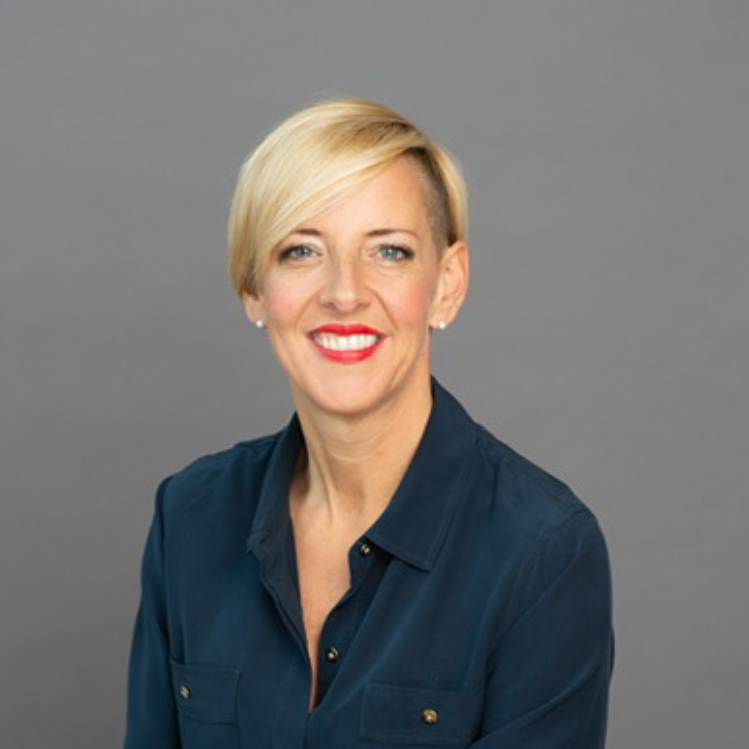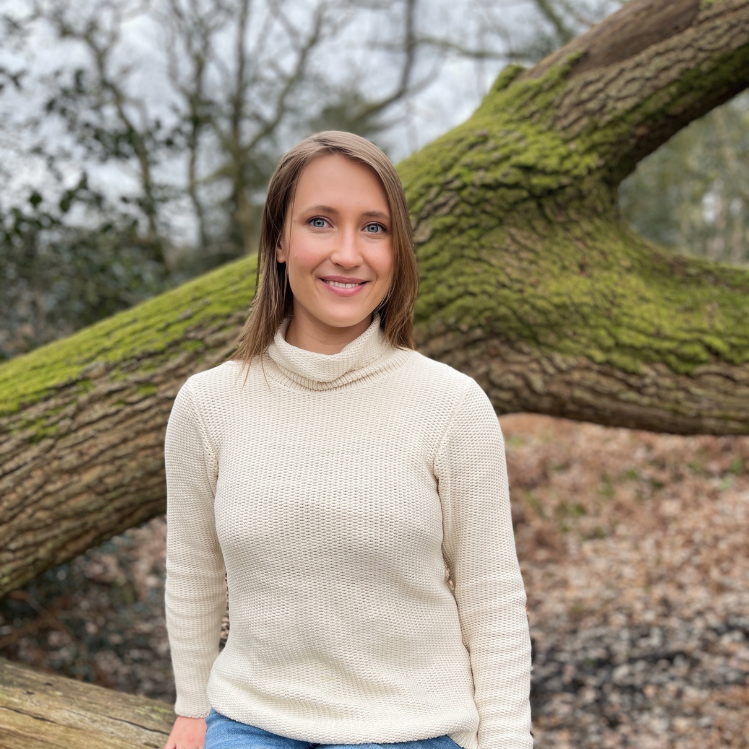
Eden Gold: 22 years old and Touching the Lives of Millions
By Sujany Baleswaran
Growing up in a dysfunctional family with a past of heartbreak, sexual assault and bulimia, 22-year old Eden Gold vowed to change her life around, leading her to become an unstoppable powerhouse. After years of battling with self-confidence and self-doubt, Eden is now a successful health coach, mental health advocate and professional speaker. Today, Eden has shared her story with millions of teenagers and young adults, positively impacting their lives and encouraging them to openly talk about mental health and trauma, helping them become confident adults.
How has your childhood shaped who you are today?
I am a child of divorced parents, a sister of an addict, and come from a pretty dysfunctional family, to say the least. When I was 10-years-old, my father went to prison on a life sentence without parole. To this day, my dad has no release date.
This early experience with heartbreak led me to be very vulnerable and insecure growing up. I was a HUGE people pleaser – doing anything anyone would have wanted of me, all to “fit in” and be somebody. This ultimately led to my sexual assault and the development of what was soon to be my 6-year battle with bulimia.
These were just the start of my experiences, all of which left me feeling worthless, ugly, and unloved growing up. My recovery through this led me to have a deep heart for working with other youth, to help them speak up, and overcome what is trapped deeply in their hearts, causing them pain.
You have dedicated so much of your time speaking to young adults and teenagers about mental health and have inspired millions of people. When did you realise that this is what you want to do, and what sparked this mission?
I went to IIN (Institute for Integrative Nutrition) in 2018 to heal my relationship with food (and for IIN, I am forever grateful). At that moment in time, I was convinced that I wanted to be a health coach, but I came to realise that I needed more life experiences before diving into such a field that required life/health expertise. Shortly after, I went to a Women’s retreat in Fiji with a friend of mine, Catherine Hoke. She was a keynote speaker, and I spoke as a guest of hers on stage.
During this trip, a fellow Aussie planted this idea in my head that my story was one that should be shared with the youth. I don’t know what it was about this idea, but it stuck with me ever since, and all of the knowledge and expertise I’ve gained since then has channelled into my speaking – speaking on topics surrounding mental health, as opposed to solely physical health.
I’m sure your success has not come easily. What challenges have you had to overcome?
Self-doubt, as I’m sure we can all relate to. Being convinced throughout your whole upbringing that you are worthless unless [insert unrealistic and unnecessary expectation], leads you to take a lot of those deep wounds into your adult life. I have had incredible difficulty being loud, being seen, and being the extrovert I so naturally am. I would often think to myself, “Who am I to do this?“ and “Who would want to hear what I have to say anyway?”
Secondly, I’ve had to overcome being a young hustler to make my dreams come true. People have doubted me because of my age, simply because they weren’t even thinking of entrepreneurship when they were fresh out of high school, and they doubted my credibility because I was new to the world of entrepreneurship. Breaking into an industry and creating a name for yourself is not easy (I don’t care what anybody says), and I’ve had to bite my tongue many times and just kept grinding.

The younger generation is reported to be the loneliest generation. Why do you think that is?
Gen Zs and people aged 18-22 feel unseen and unheard. We are all walking, breathing, living manifestations of everything that we’ve gone through in our lives, and unfortunately, many hurt parents are raising hurt children. Unless you were fortunate enough to live in a household with parents who have done the work to heal themselves emotionally, mentally, and physically, you likely have learned some of their habits that stemmed as a result of their unresolved pains. That, mixed with the deeply rooted pressures of society, the weight loss industry, peer pressure vs influence, etc., no wonder young people feel like they cannot express what is truly in their hearts and minds.
It actually makes perfect sense when we dissect a young person’s life, as opposed to this preconceived idea that they are doing amazing because they go to a good school and have friends.
What advice would you give to someone dealing with trauma, depression or anxiety?
I could go on and on about this one! Here are a couple of gems.
● Cancer didn’t form in a day, but rather, over a period of time. That being said, your depression, anxiety or traumas grew and embedded further and further into you over a period of time. What does this mean? It means that you have TIME to heal and TIME to reverse engineer some of these issues into components that make it easier to understand, and find healthy ways to begin to heal.
● You are never alone in the way you feel. Although you may feel like an outcast, like the “weird one,” or like nobody would ever understand what you’re going through, I promise you that more people can relate to what you are going through than you think. We are a lot more alike than we are different, and you speaking your truth does not make you weird – it makes you a powerhouse of a human being.
● We will always set ourselves up for unhappiness when the reality of our life does not meet our expectations. By identifying where you are falling short of what you “feel” life should be like, can be a great way to bridge the gap between what is going on NOW, and where you WISH it was, and come up with effective solutions to getting there.
● A great starting point to helping somebody battling through trauma, depression, and anxiety is NOT bringing them back to a low place that they don’t want to be in (ie; making them relive their trauma). Instead, identify the thoughts they are thinking, and the actions they are regularly taking that are not serving them. Write them down. Then, identify if there is any truth to them, and focus on small things that you can do to change the narrative behind those, likely false, thoughts.
Can you share more about your work with young adults and teenagers, and what changes can schools and universities make to help their students?
I am on a mission to build 1 billion student leaders, by teaching them how to overcome the shame surrounding mental health, speak up, and take control of their lives and their happiness today. My favourite way to reach young people is by speaking to the youth. Through assemblies, student orientations, classrooms, sports teams, etc., it is my job to help students prioritize their mental health, feel inspired to use their voice, and take fearless action towards creating an awesome life.
Secondly, I am the founder of an online program called Life After High School, dedicated to helping teens and young adults navigate their 20s. Here, we dive into 8 powerful courses that students can choose to enrol in:
Personal Development
Professional Development
Mental Health
Physical Health
Relationships
Creativity
Disability Resources
Cultural Inclusion and Resources
To your last question, here are a couple of thoughts that I have. I would love to see us get to a place where mental health and personal development are mandatory classes for students. By personal development, I mean the incorporation of fundamental life skills such as, coping with negative emotions, confidence, independence, building strong and healthy relationships while learning effective tools to cope with, say, heartbreak.
Sporting teams can do regular check-ins with their students as it pertains to the mental health and community of the team, the physical health of the players that may go unnoticed (ie; I had an eating disorder throughout my years as a volleyball player but nobody ever knew). Making sure your players are doing well in all assets of life on an individual basis can be a game-changer and a relationship builder between a coach and a player.
What is your biggest achievement and is there something next on your list that you want to achieve?
Too many to count, and if I’m being honest, the biggest is yet to come. Next, I am working to greatly expand my network and reach young adults all over the US, and then eventually globally. When my life’s work takes me wherever I need to go to change lives in such an impactful and profound way, and I build one of the leading brands in student success, I will look back on this moment and note it as one of the biggest accomplishments that I’ve ever achieved.





